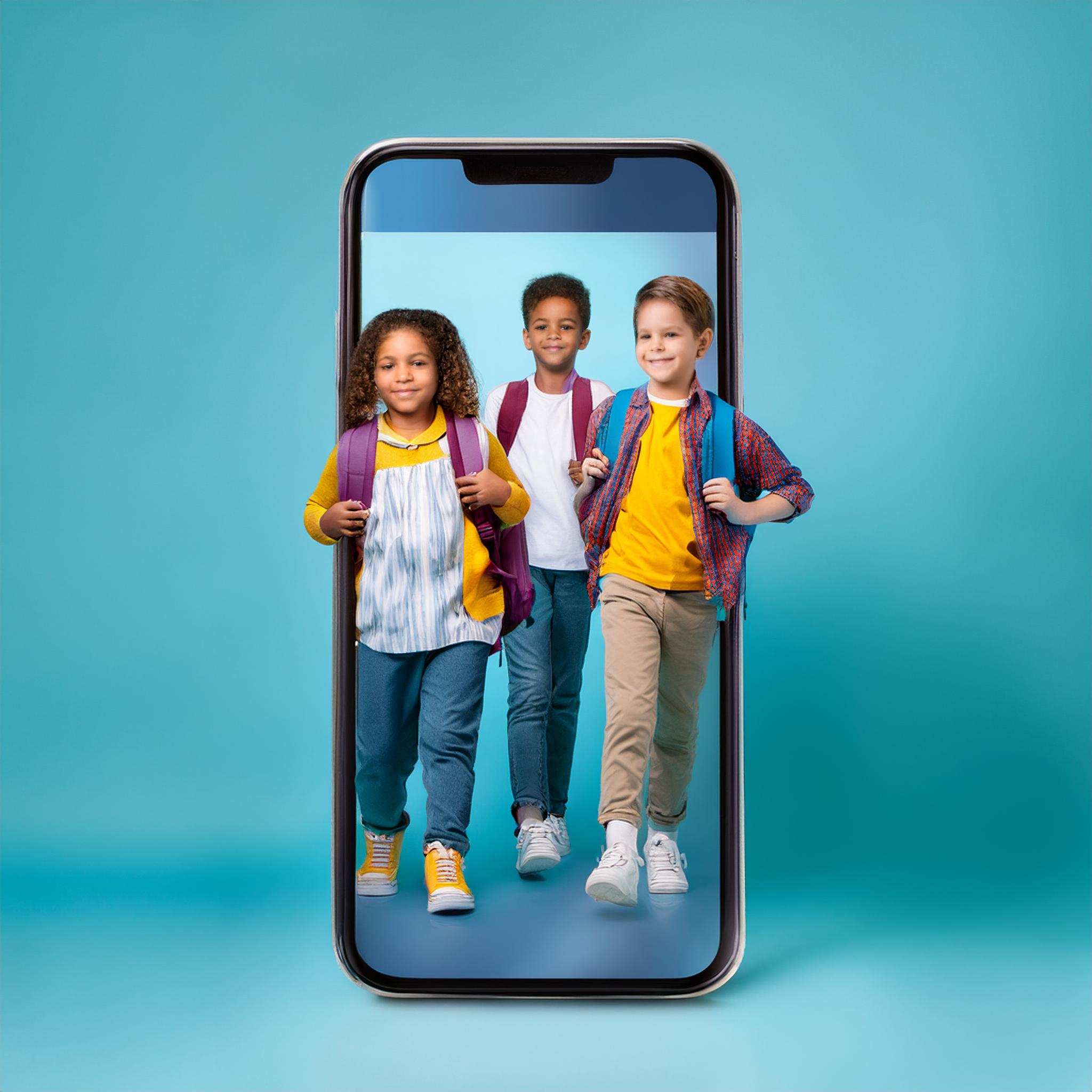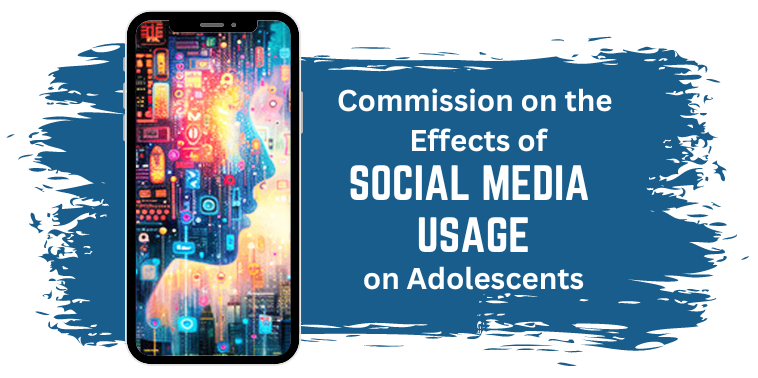Considerations for Establishing or Refining Policies for Cell Phone Use in Schools
Questions for Consideration Regarding Cell Phone Use in Schools
Local Education Agency (LEA) Leaders
It is important that LEAs engage staff members, families and caregivers, students, and other local educational stakeholders around the development and implementation of policies regarding cell phone usage in schools. Below are a series of questions LEA leaders should consider when engaging in these discussions.
- Have we gauged the level of public support within our community (students, educators, and families/caregivers) for a cell phone policy that restricts or bans their use in schools?
- Have we created a plan to involve key community members such as school board members, administrators, teachers, staff, families/caregivers, and students in developing and reviewing the cell phone policy?
- Will our policy prohibit students from possessing cell phones in schools? Does the policy include any restrictions on use of other internet connected devices (e.g., smart watches)? If the policy restricts use of devices in school, what guidelines will be in place for bringing them into school and/or storing them?
- What exceptions will be included in the policy for students who need to carry cell phones for medical reasons, as a result of an individualized education program, or for emergencies?
- How will we enforce the cell phone policy? What procedures will be followed for confiscating, holding, and returning phones?
- Is the cell phone use in schools policy aligned to the code of student conduct? Are discipline and other responses outlined for first and repeated offenses? How will appeals be addressed?
- How will we ensure that our policy remains up-to-date with evolving technology?
- Have we assessed and enhanced educators' training and capacity to effectively implement and enforce the new cell phone policy?
- How will we keep school community members informed about use policy changes and updates? What professional development will be provided?
- Have you created and communicated processes and protocols?
Recommendations for LEA Leaders
Balancing the value of technology in education with the need to manage cell phone use requires thoughtful consideration. By grounding decisions in research and maintaining open communication with the school community, school leaders can create environments that support both learning and well-being.
Below are recommendations for developing effective cell phone policies:
- Establish Clear Rules: Define when and where cell phones can be used during the school day. If implementing no-use policies during instructional time, consider allowing limited use breaks. Recognize that for some students cell phones may be their only access to technology and internet resources.
- Communicate with Stakeholders: Involve families/caregivers, teachers, and students in the discussion to ensure the policy reflects the community’s values and concerns. This approach helps balance the benefits of technology with the need for focused learning environments.
- Provide Education on Responsible Use: Educate students and families/caregivers about the potential negative effects of excessive cell phone use on their academic performance and mental health, while also acknowledging the role technology can play in supporting learning and connectivity.
- Monitor and Adjust Policies: Regularly review the policy's effectiveness and adjust it based on feedback and observed outcomes. Flexibility is crucial to accommodate varying needs and technological advancements.
- The Effects of Smartphone Addiction on Learning: A meta-analysis
- Smartphone Bans, Student Outcomes and Mental Health Discussion Paper
- Cell Phones, Student Rights, and School Safety: Finding the Right Balance
- Centre for Economic Performance Discussion Paper: Technology, Distraction & Student Performance
- Cell Phones in Schools are a Complicated Issue
- Education Commission of the States Cell Phone Policy Information Request
- State Policy Solutions to Combat the Impact of Smartphones and Social Media on Education
- UNESCO Story: Smartphones in School?
- Pew Research Center: Challenges Public K-12 Teachers Deal with in the Classroom
- Cellphone Bans in School are Back. How Far Will They Go?
 Official Site of The State of New Jersey
Official Site of The State of New Jersey

